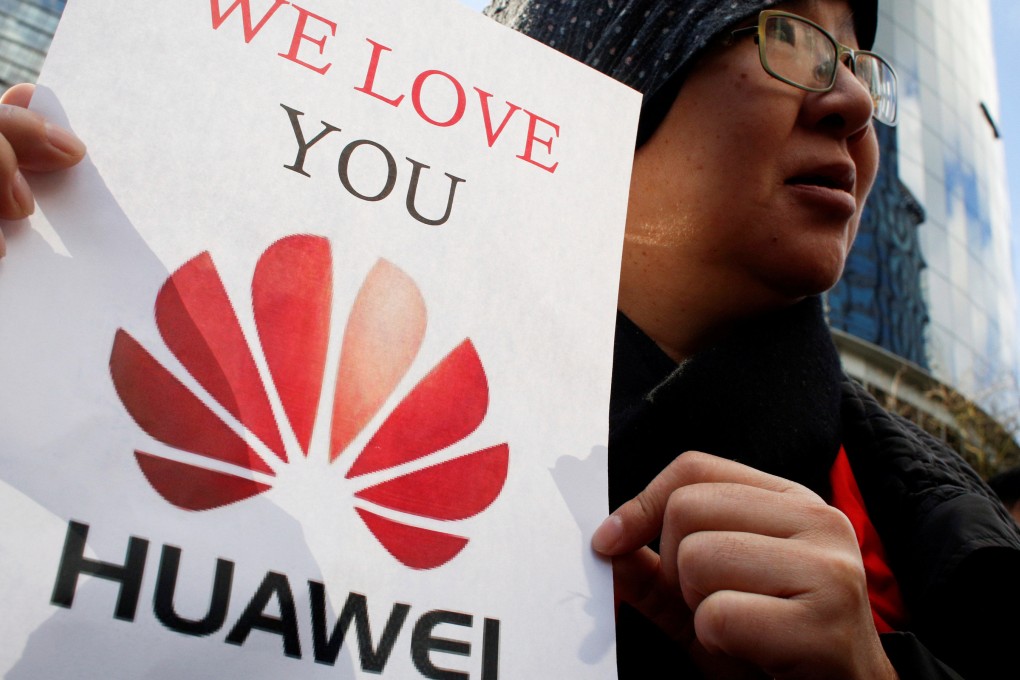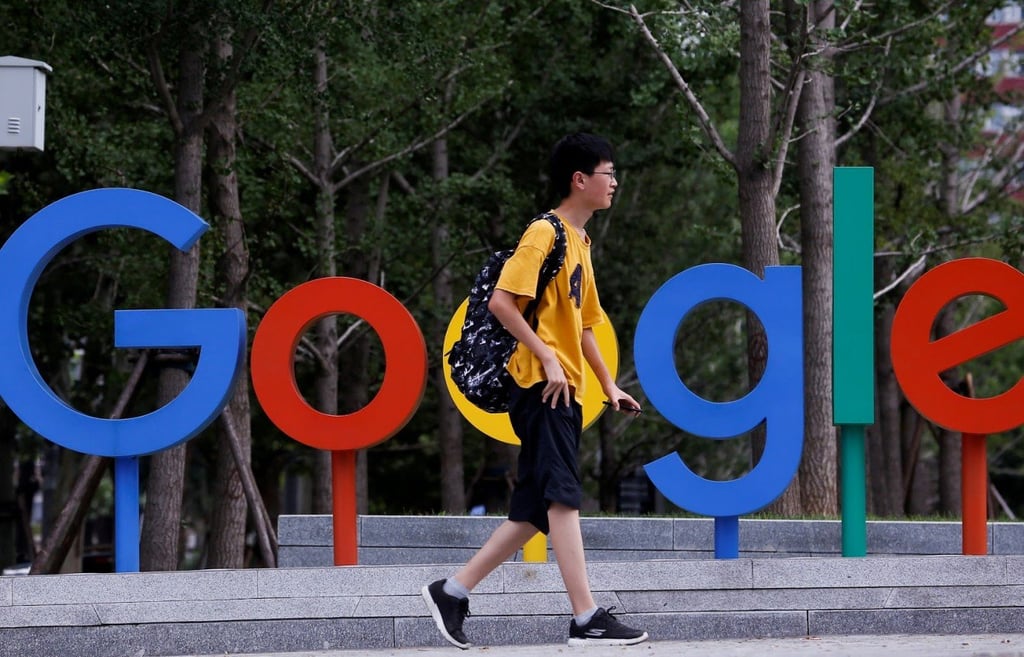Google, ZTE and Xiaomi highlight our top five China tech stories of the year
From Google’s Dragonfly to ZTE’s crisis and Xiaomi’s IPO, it’s been a strange year in China’s tech industry

As we come to the end of 2018, it’s time to look back on the year that was. With so many big stories to pick from, our writers broke down the year in China tech by looking at five of the biggest stories.
Google’s censored search engine for China
In China, even the Googles are fake. Ever since the search engine pulled out of China in 2010, knock-offs have been appearing online in the country, fueling anticipation for its comeback. But it was still a big shock when The Intercept broke news this August that a censored version of Google search is, in fact, coming back for real through a project named Dragonfly.

Dragonfly was carried out in complete secrecy and in partnership with a mysterious China-based company. And Googlers didn’t like it. Around 1,400 employees signed a petition criticizing the lack of transparency around the project while more than 200 Google employees issued an open letter to the company demanding it halts the project.